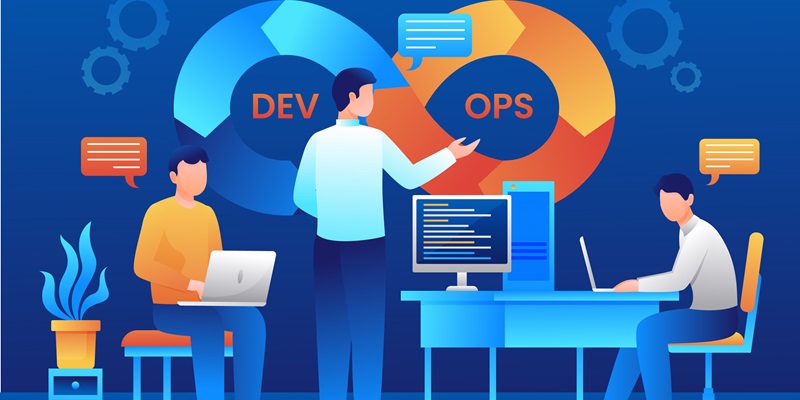With organizations increasingly reliant on technology to drive innovation and streamline operations, DevOps teams have emerged as crucial components to ensure efficient software development and delivery. In order to maximize their cultural, technical, and delivery performance, it is imperative for teams to focus on user needs while creating a balanced culture and processes that support their DevOps initiatives.
Impact of GPT technologies on DevOps productivity
The integration of GPT technologies holds immense potential for DevOps teams to enhance their productivity. These advanced tools offer solutions to complex technical issues and can extract vital information from a myriad of documents. By leveraging GPT technologies, DevOps professionals can streamline their workflows, automate tasks, and tackle challenges more effectively, leading to improved overall productivity.
Contradictory findings on the impact of AI on team performance
According to Google’s 2023 report, the introduction of AI had a detrimental effect on team performance. The report highlighted a significant decrease in operational performance, while software delivery experienced a minor decline. Despite initial enthusiasm surrounding AI development tools, widespread adoption is yet to be realized due to various challenges. However, it is important to note that AI can still be useful in data-driven behaviors such as analyzing vast amounts of information and fortifying security measures.
The growing importance of security and compliance in DevOps
In recent years, the significance of security and compliance in the DevOps landscape has become increasingly evident. DevSecOps has emerged as an approach that prioritizes security alongside traditional development practices. By integrating security into the development pipeline from the outset, organizations can detect and mitigate vulnerabilities more effectively, ensuring robust protection for their applications and data.
Generative cultures and their impact on high-performing DevOps teams
Google’s State of DevOps Report emphasizes the power of generative cultures in producing high-performing DevOps teams. These cultures foster collaboration while allowing room for innovation, creating an environment that encourages continuous improvement and excellence. By emphasizing a culture of trust, collaboration, and learning, organizations can empower their DevOps teams to achieve remarkable results.
Impact of workload distribution on team well-being and software delivery
The distribution of workloads within DevOps teams has a significant impact on both team well-being and software delivery. The report found that an even spread of workload contributes to the well-being of team members and the broader organization. However, overshares of tasks can lead to a slowdown in the software delivery pipeline and hinder the speed of delivery. Striking the right balance in workload distribution is key to ensuring optimal performance and satisfaction within the team.
Cultural issues in DevOps teams working on low-code platforms
DevOps teams working on low-code platforms like Salesforce often face unique cultural challenges that can adversely affect job satisfaction. The limitations and rigidities of these platforms can hinder agility and creativity, which in turn hampers the team’s ability to fully leverage the DevOps approach. Addressing these cultural issues is crucial in order to enhance job satisfaction and foster a collaborative and innovative environment.
Balancing innovation, team preferences, and user needs in a DevOps approach
As organizations plan their DevOps approach for 2024, it is vital to strike a balance between innovation, team preferences, and user needs. While staying updated with key trends and emerging technologies is important, it is equally crucial to consider the preferences and strengths of the DevOps team. The guiding principle should always be to solve user needs effectively, ensuring that innovative solutions are aligned with real-world requirements.
To maximize the cultural, technical, and delivery performance of DevOps teams, an integrated approach is necessary. By focusing on user needs, leveraging advanced technologies such as GPT and AI, and cultivating a generative culture, organizations can nurture high-performing DevOps teams. Prioritizing security and compliance, carefully managing workload distribution, and addressing cultural issues are also crucial factors. As organizations navigate the ever-evolving landscape of software development, a balanced approach that aligns innovation, team preferences, and user needs will be the key to success in maximizing DevOps performance in 2024 and beyond.

